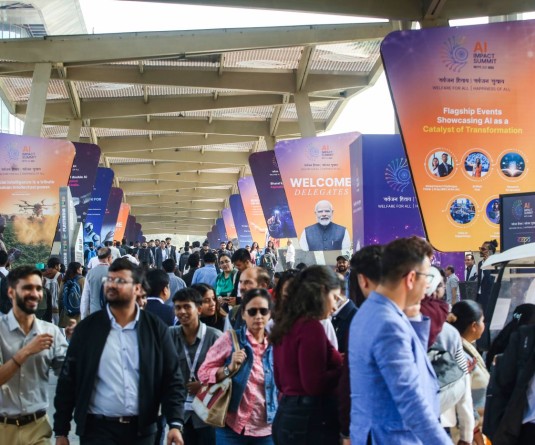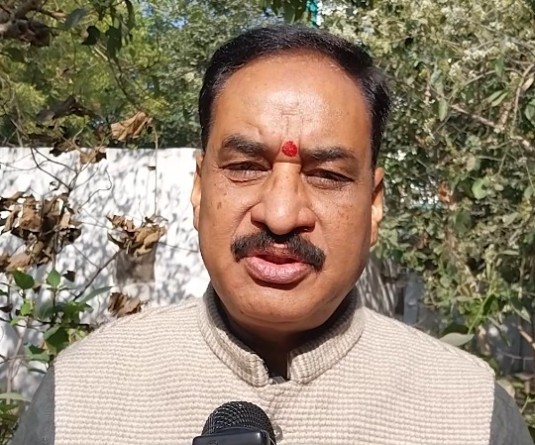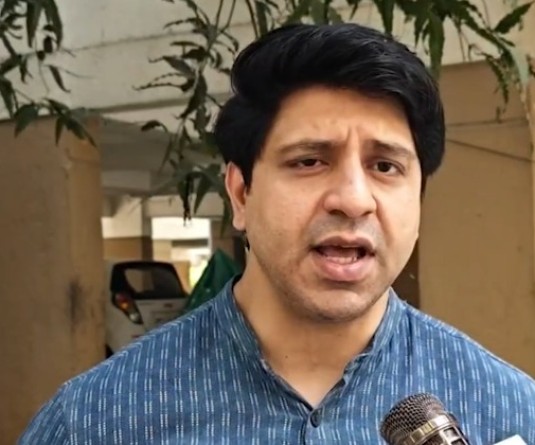
United Nations, July 11 (PTI) UN Secretary General Antonio Guterres on Monday welcomed the legal and administrative framework for the protection of children and improved access to child protection services in several Indian states, but said he remains concerned about the risk of child recruitment by armed groups in affected districts.
The report of the Secretary General on Children and Armed Conflict' said that in India, the UN chief welcomes the ongoing engagement of the government with his Special Representative for Children and Armed Conflict, Virginia Gamba, and referred to the inter-ministerial meeting held in November 2021 and the appointment of a national focal point to identify priority national interventions so as to enhance the protection of children.
"I further welcome the agreement to a joint technical mission to hold inter-ministerial, technical-level meetings with the United Nations during 2022 to identify areas of enhanced cooperation for child protection. This enhanced engagement may lead to the removal of India as a situation of concern from my next report on children and armed conflict, should all practical measures agreed to in such meetings be fully implemented by that date, the Un chief said.
When contacted, the permanent Mission of India to the UN said that in regard to references of India in the CAAC report for a few years now, "we have in our statements reiterated our concerns."
The mission referred to an excerpt in a statement made in the UN Security Council during the open debate on CAAC last year.
"Despite the Council's clear mandate, we note with concern that the Secretary General's report includes situations that are not situations of armed conflict or threats to the maintenance of international peace and security," then foreign Secretary Harsh Vardhan Shringla had said at the UNSC Open Debate on Children and Armed Conflict on June 28, 2021.
"We must be cautious as attempts to selectively expand the mandate politicises the agenda, diverting attention from real threats to international peace and security and to children in armed conflict, Shringla said.
In the report, India is mentioned under the category Situations not on the agenda of the Security Council or other situations.
The report said that in India, the United Nations verified 54 grave violations against 49 children (45 boys, 4 girls).
The recruitment and use of 18 boys by armed groups in Jammu and Kashmir was verified, it said.
A total of 33 boys were detained by Indian security forces in Jammu and Kashmir for their alleged association with armed groups or on national security grounds. A total of 34 children (30 boys, 4 girls) were killed (5) and maimed (29) by Indian security forces, including by the use of pellets by the Central Reserve Police Force (19), unidentified perpetrators (4), crossfire between armed groups and unidentified perpetrators (7), and crossfire and shelling across the line of control (4).
The report also noted that the killing of two teachers by an armed group in Srinagar was verified.
Guterres welcomed the legal and administrative framework for the protection of children and improved access to child protection services in Chhattisgarh, Assam, Jharkhand, Odisha and Jammu and Kashmir, and progress in the creation of a Jammu and Kashmir commission for the protection of children's rights, but said he remains concerned about the risk of child recruitment by armed groups in affected districts.
He, however, expressed concern by the increased number of violations against children verified in Jammu and Kashmir and called upon the Government to strengthen child protection, including by ending the use of pellet guns against children and building the capacity of its forces.
He said he is also concerned by the detention of children, and urged the government to ensure that children are detained as a last resort and for the shortest appropriate period of time, and to prevent all forms of ill-treatment in detention in line, with the Juvenile Justice (Care and Protection of Children) Act, 2015.






